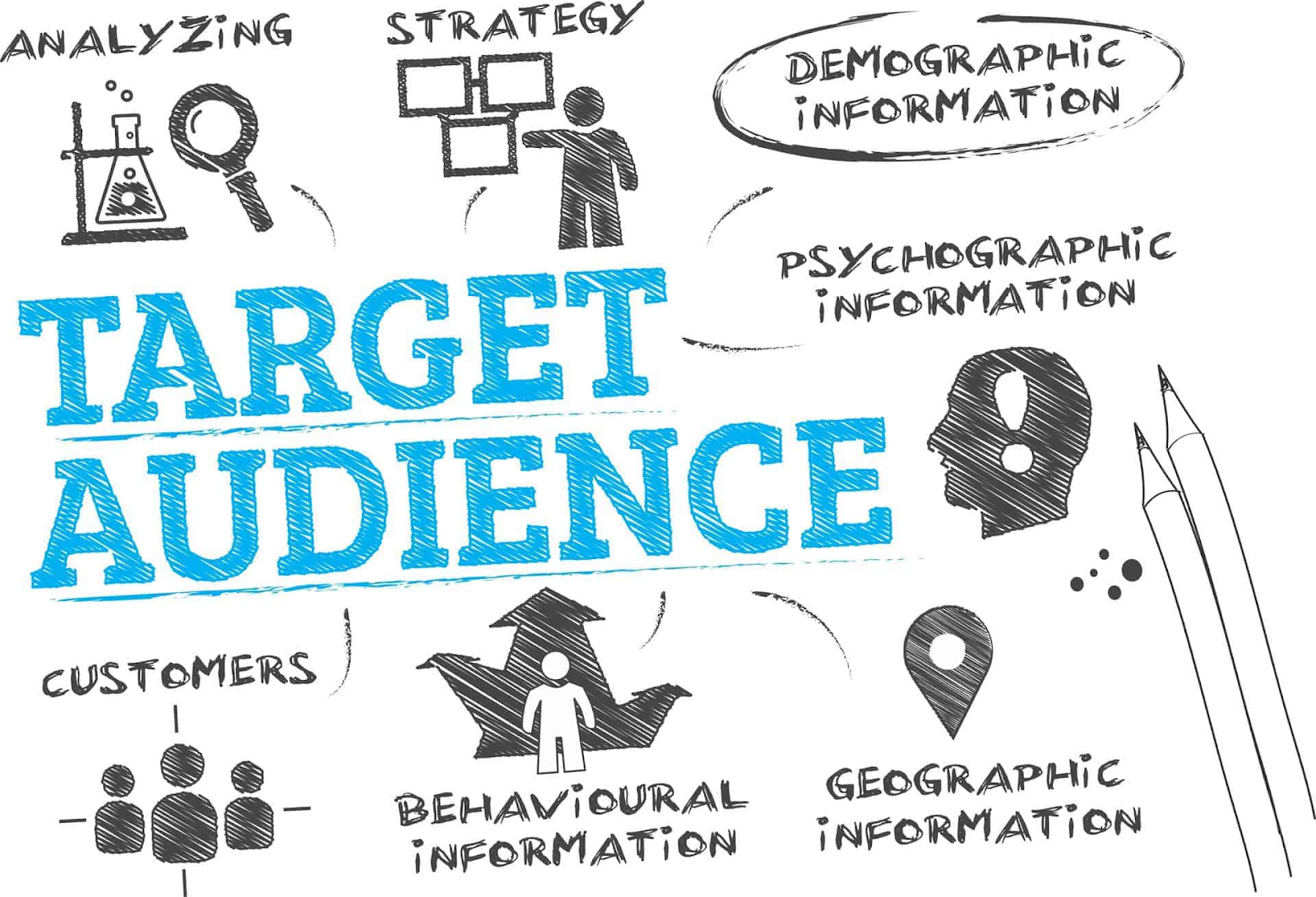In today's
fast-paced digital landscape, the role of digital marketing has become
indispensable for businesses across various industries, and the IT services
sector is no exception. Digital marketing has evolved from being a mere option
to an absolute necessity for IT service providers looking to establish a robust
online presence, engage with their target audience, and drive business growth.
In this comprehensive article, we will delve into the reasons why digital
marketing holds immense importance for IT services businesses and explore key
strategies that can help these businesses outrank competitors in the online
realm.
1.
Expanding Reach and Visibility
 |
| fig.01 Developing Influencer Marketing Strategy |
The
foundation of digital marketing lies in its ability to transcend geographical
boundaries and reach a global audience. With the right digital marketing
strategies in place, IT services businesses can showcase their expertise to a
broader range of potential clients. Through search engine optimization (SEO)
techniques, these businesses can ensure that their website ranks high on search
engine results pages (SERPs), making it easier for potential clients to
discover them when searching for relevant services.
2.
Building Credibility and Trust
 |
| fig.02 Credibility & Trust |
In the realm
of IT services, credibility is paramount. Digital marketing provides the tools
necessary to build and enhance a brand's credibility and trustworthiness. By
consistently delivering valuable content through blogs, case studies, and
informative videos, IT service providers can establish themselves as industry
thought leaders. Engaging content not only educates the audience but also
fosters a sense of trust, making potential clients more likely to choose their
services over competitors.
3.
Targeted Marketing Campaigns
 |
| fig.03 Target Audience |
Unlike
traditional marketing approaches that often cast a wide net, digital marketing
enables IT services businesses to create highly targeted campaigns. Through
techniques like pay-per-click (PPC) advertising and social media advertising,
businesses can tailor their messages to reach specific demographics, ensuring
that their marketing efforts are more likely to resonate with the right
audience. This approach maximizes the return on investment (ROI) by directing
resources toward individuals who are more likely to convert into paying
clients.
4.
Data-Driven Insights
 |
| fig.04 Data-Driven Insights |
Digital
marketing provides a treasure trove of data that can be leveraged to refine
strategies and make informed business decisions. Tools like Google Analytics
offer valuable insights into user behavior, website traffic, and conversion
rates. By analyzing this data, IT services businesses can identify which
strategies are delivering the best results and make necessary adjustments to
optimize their marketing campaigns.
5.
Cost-Effectiveness
 |
| fig.05 Cost - Effectiveness |
Traditional
marketing methods such as print advertisements and TV commercials can be
costly, especially for businesses operating on a tight budget. On the other
hand, digital marketing offers a cost-effective alternative with various
budget-friendly options. Email marketing, social media posts, and content
creation require minimal financial investment but can yield significant returns
in terms of lead generation and brand exposure.
6.
Staying Ahead in a Competitive Landscape
 |
| fig.06 Staying Ahead in a Competitive Landscape |
The IT
services industry is highly competitive, with numerous players vying for
attention. To stand out in this crowded space, businesses must embrace
innovative strategies, and digital marketing provides the platform to do so.
Creative content formats like infographics, interactive webinars, and virtual
events can captivate the audience and set a business apart from its
competitors.
7.
Adapting to Consumer Behavior
 |
| fig.07 Adapting |
Consumer
behavior has undergone a significant shift in recent years, with more
individuals turning to the internet to research and make purchasing decisions.
IT services businesses that fail to establish a strong online presence risk
missing out on valuable opportunities. Digital marketing ensures that
businesses are present where their potential clients are actively seeking
information.
8.
Enhancing User Experience
 |
| fig.08 User Experience |
A
well-structured digital marketing campaign goes hand in hand with an enhanced
user experience. User-friendly websites, informative content, and easy
navigation contribute to a positive perception of the business. When users have
a seamless experience interacting with a business online, they are more likely
to explore its services further and eventually convert.
9.
Leveraging Social Media
 |
| fig.09 Social Media |
Social media
platforms have become integral to modern communication, and IT services
businesses can leverage these platforms to their advantage. Engaging with
clients on social media provides a direct line of communication, allowing
businesses to address concerns, provide quick responses, and showcase their
expertise. Social media also offers a platform for sharing valuable content and
promotions, further expanding the business's reach.
10. The
Power of Reviews and Testimonials
 |
| fig.10 Power of Reviews |
In the
digital age, online reviews and testimonials carry substantial weight in the
decision-making process. Positive reviews from satisfied clients can
significantly influence prospective clients' perceptions of a business's
credibility and quality of service. By actively encouraging clients to leave
reviews and showcasing positive feedback, IT services businesses can enhance
their online reputation and attract more clients.
Conclusion:
Embracing the Digital Frontier
In
conclusion, the importance of digital marketing for IT services businesses
cannot be overstated. From expanding reach and credibility to harnessing
data-driven insights and adapting to changing consumer behavior, the benefits
are both numerous and impactful. As the digital landscape continues to evolve,
businesses that prioritize and invest in digital marketing strategies will be
well-positioned to thrive in an increasingly competitive marketplace. By
understanding the power of digital marketing and its ability to drive growth,
IT services businesses can take bold steps toward a successful and prosperous
future.
FAQs
Q: How does digital marketing differ from traditional marketing for IT
services?
A: Unlike traditional marketing,
digital marketing leverages online channels and data-driven strategies to reach
the right audience with personalized messaging, resulting in higher engagement
and conversion rates.
Q: What is the role of content marketing in the IT services sector?
A: Content marketing positions IT
businesses as industry experts, builds credibility, and fosters trust with
potential clients by providing valuable insights and information.
Q: Can social media really impact an IT services business's bottom line?
A: Absolutely. Social media platforms
offer a direct connection to the target audience, enabling IT businesses to
showcase their expertise, engage with prospects, and drive leads and
conversions.
Q: Is email marketing still relevant in the age of social media?
A: Yes, email marketing remains highly
relevant. It allows IT businesses to nurture leads, maintain customer
relationships, and deliver personalized content directly to subscribers.
Q: How can IT services businesses measure the success of their digital
marketing efforts?
A: Through the use of analytics tools, IT businesses can track
key performance indicators (KPIs) such as website traffic, conversion rates,
click-through rates, and engagement metrics to assess the effectiveness of
their campaigns.
Q: What steps can IT services businesses take to get started with digital
marketing?
A: Begin by identifying your target
audience, setting clear goals, and selecting the most appropriate digital
marketing channels. Create a content plan and utilize SEO techniques to
optimize your online presence.
 |
| Naman Rohra |




No comments:
Post a Comment